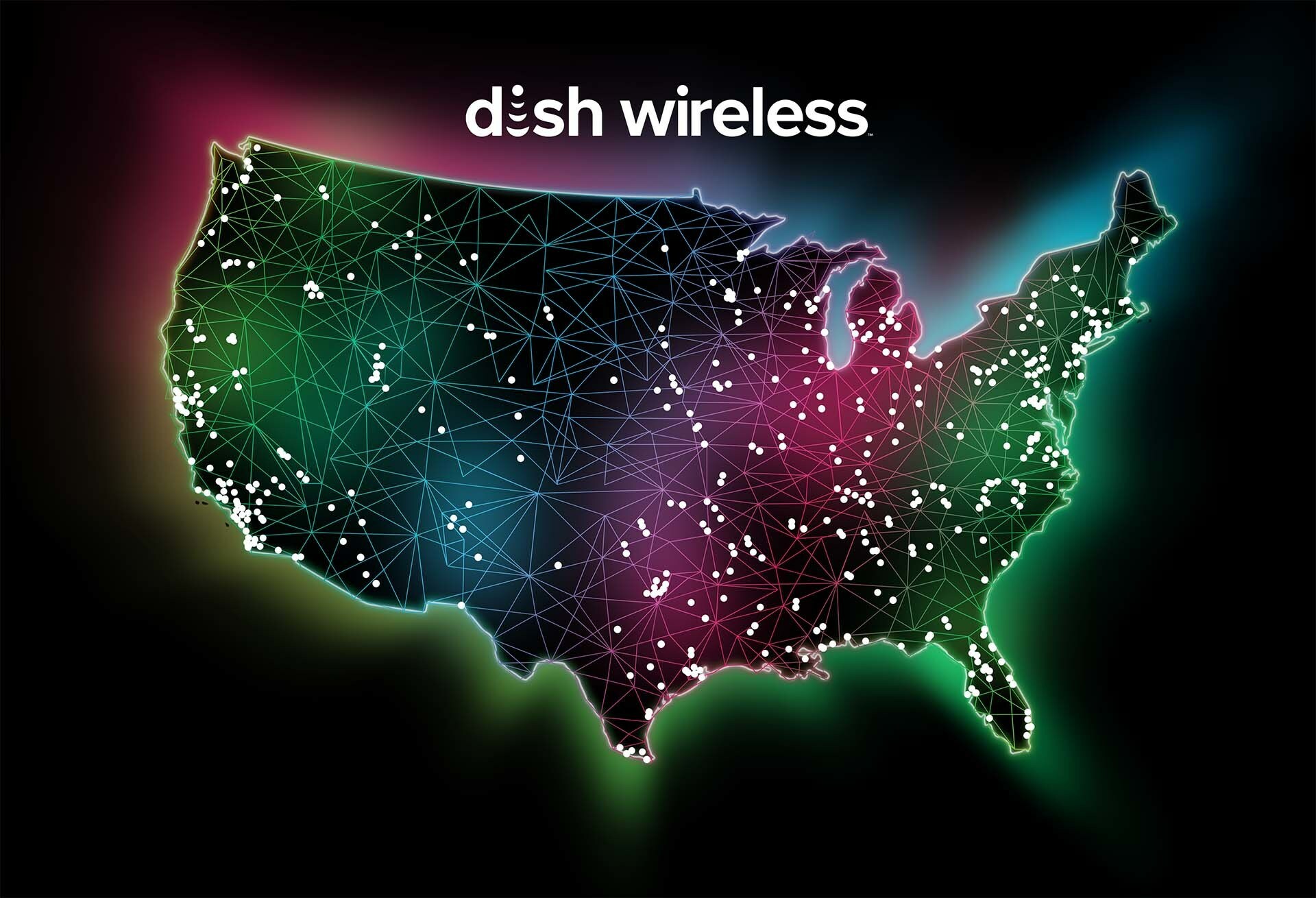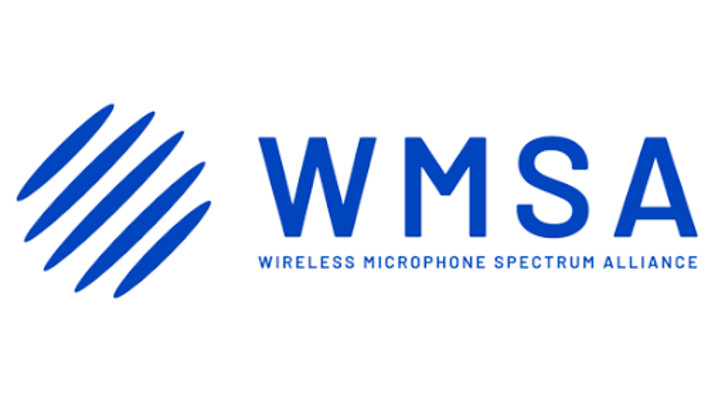FCC Opens Review of EchoStar’s 5G, Satellite Spectrum
Elon Musk's SpaceX has also filed a letter with the FCC urging it take away some of Dish's satellite spectrum

The professional video industry's #1 source for news, trends and product and tech information. Sign up below.
You are now subscribed
Your newsletter sign-up was successful
WASHINGTON—The Federal Communications Commission is moving to investigate certain 5G and satellite spectrum held by EchoStar and its satellite-TV subsidiary, Dish.
The move is a potentially serious blow to EchoStar’s plans to reinvent itself as a wireless company as its pay TV operations continue to lose subscribers. News of the investigation pushed EchoStar’s stock down in Tuesday trading.
As part of the effort, the FCC’s Wireless Telecommunications Bureau issued a public notice seeking additional comment on a petition for reconsideration of the FCC’s decision last year to grant EchoStar an extension of the construction deadlines for certain of its licenses as part of its 5G network buildout.
In addition, the Space Bureau established SB Docket No. 25-173 to seek comment on EchoStar’s use of the 2,000-2,020 MHz (Earth-to-space) and 2,180-2,200 MHz (space-to-Earth) (2 GHz bands) for mobile-satellite service (MSS).
EchoStar pushed back with a statement from Chairman Charlie Ergen saying, “Today, we are proud to have invested tens of billions to deploy the world’s largest 5G Open RAN network—primarily using American vendors—across 24,000 5G sites, to offer broadband service to over 268 million people nationwide.”
The moves by the FCC to reconsider EchoStar’s 5G and satellite spectrum came after The Wall Street Journal reported that FCC chair Brendan Carr sent a letter to Ergen saying “I have asked the FCC’s staff to take several steps regarding spectrum licenses that your companies hold.”
“I have directed agency staff to begin a review of EchoStar’s compliance with its federal obligations to provide 5G service throughout the United States per the terms of its federal spectrum licenses,” Carr wrote to Ergen.
The professional video industry's #1 source for news, trends and product and tech information. Sign up below.
In the letter Carr, accused EchoStar of not complying with its obligations to build out its 5G network to at least 70% of the population in its licensed geographical areas by June 14, 2025. Instead, Carr contended: “EchoStar negotiated behind closed doors during the previous Administration in September 2024. Under the terms of that bureau-level decision, EchoStar would no longer have to meet the June 2025 buildout obligations—meaning, its commitment to provide 5G to a broad swath of America. Nor would EchoStar have to face the agreed-upon consequences for failing to do so. Instead, EchoStar would generally kick the can down the road while agreeing to buildout milestones for some major-market licenses by December 2024, along with other commitments.”
In the letter, Carr also detailed some examples of how EchoStar had failed to meet its obligations in building out its network.
Carr has been previously vocal about his desire to expand 5G spectrum and his dissatisfaction with how EchoStar has used its spectrum during a recent interview at the Milken Institute.
EchoStar has also come under fire from Elon Musk’s SpaceX, which filed a letter with the FCC saying: “Despite years of false promises and dubious technical showings, new data confirms what most people already suspected—Dish Network barely uses the AWS-4 band, if it is used at all, to provide 5G or any other service to American consumers. After extensive consumer complaints about the difficulties of signing up for Dish’s mobile service, recent spectrum analysis now explains why: Dish barely uses the spectrum. While Dish has already written off the satellites that justified its licenses in the first place, new measurements show that Dish uses less than 5% of what would be expected from an actual wireless network operator. This data is the starkest example yet of why the Commission must swiftly recognize that Dish has left this valuable midband spectrum chronically underused and take steps to welcome new satellite entrants who will finally put this spectrum to use to serve the American people.”
Elon Musk has long battled with Ergen over EchoStar’s spectrum, according to The Wall Street Journal.
In response to the FCC’s investigation, EchoStar chairman Ergen said: “We have worked collaboratively with FCC leaders since we launched our first DBS satellite more than 30 years ago. Today, we are proud to have invested tens of billions to deploy the world’s largest 5G Open RAN network—primarily using American vendors—across 24,000 5G sites, to offer broadband service to over 268 million people nationwide. Through this deployment, which is possible thanks to scores of tower climbers, engineers and partners, we have met or exceeded all of the commitments we have entered into with the FCC to date. And our work is not yet finished as we continue to deploy and invest in our network. Not only does our network create American jobs and a competitive alternative to incumbent wireless carriers, it also furthers another critical Trump administration priority: Deploying Open RAN to ensure the United States is at the forefront of wireless leadership and that our infrastructure is free of Chinese vendors.”
George Winslow is the senior content producer for TV Tech. He has written about the television, media and technology industries for nearly 30 years for such publications as Broadcasting & Cable, Multichannel News and TV Tech. Over the years, he has edited a number of magazines, including Multichannel News International and World Screen, and moderated panels at such major industry events as NAB and MIP TV. He has published two books and dozens of encyclopedia articles on such subjects as the media, New York City history and economics.

